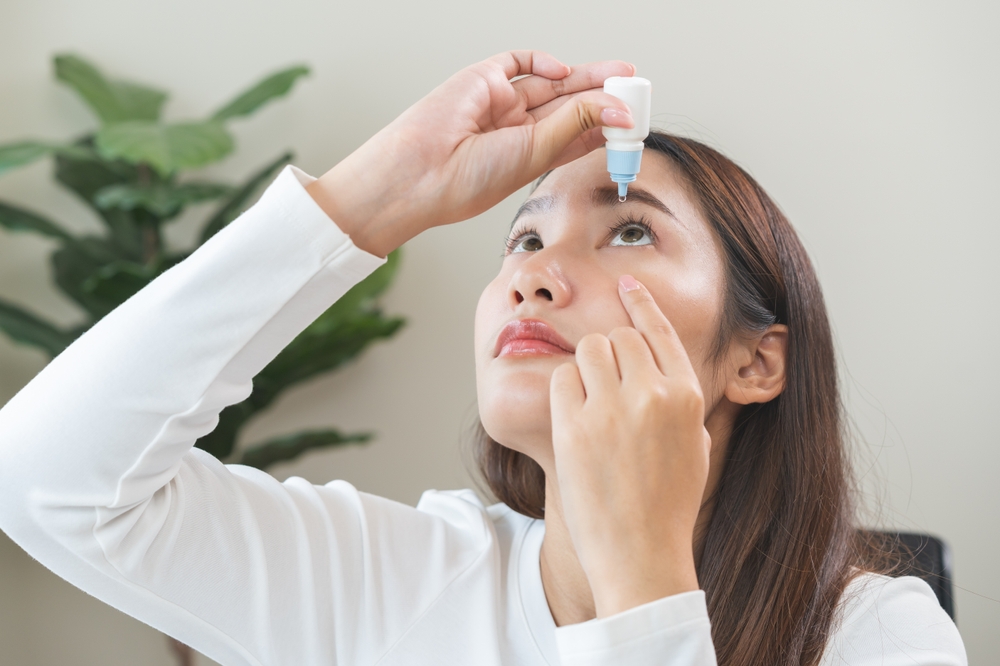
Eye allergies, also known as allergic conjunctivitis, are a common condition that affects millions of people worldwide. These allergies occur when your immune system overreacts to certain environmental triggers, causing inflammation and irritation in the eyes. Understanding the underlying causes, symptoms, and proper diagnosis is crucial in managing eye allergies effectively.
Common Causes of Eye Allergies
Eye allergies can be triggered by a variety of environmental factors, including:
Pollen from trees, grasses, and weeds
Dust mites
Pet dander
Mold
Certain cosmetics or eye products
Smoke and other air pollutants
These allergens can cause your immune system to release histamine, a chemical that leads to the unpleasant symptoms associated with eye allergies.
Symptoms of Eye Allergies
The most common symptoms of eye allergies include:
Itchy, red, and watery eyes
Swollen eyelids
Burning or stinging sensation in the eyes
Increased light sensitivity
Mucus or stringy discharge from the eyes
These symptoms can range from mild to severe, and they may worsen during peak allergy seasons or when you're exposed to your specific triggers.
Tips and Tricks to Combat Eye Allergies
Fortunately, there are several effective strategies you can use to manage and alleviate the symptoms of eye allergies:
1. Avoid Triggers: Identify and minimize your exposure to known allergens, such as by keeping windows closed, using air conditioning, and limiting time outdoors during high pollen counts.
2. Use Lubricating Eye Drops: Over-the-counter lubricating eye drops can help soothe and reduce the irritation caused by eye allergies.
3. Wear Wraparound Sunglasses: Wearing sunglasses can help protect your eyes from airborne allergens and reduce exposure to pollen and other irritants.
4. Apply Cold Compresses: Placing a cool, damp cloth or eye mask on your eyes can help alleviate swelling and inflammation.
5. Limit Makeup and Cosmetics: Certain makeup and cosmetic products may contain ingredients that can further irritate your eyes, so it's best to avoid or limit their use during allergy season.
6. Maintain Good Hygiene: Regularly washing your face and hands can help remove pollen and other allergens that may have accumulated on your skin or in your eyes.
7. Consider Oral Antihistamines: Over-the-counter or prescription antihistamines can help reduce the body's histamine response and provide relief from eye allergy symptoms.
The Importance of a Proper Diagnosis from an Optometrist
While strategies you can use to manage the symptoms of eye allergies, it's important to seek a proper diagnosis from an optometrist. They can help distinguish between eye allergies and other conditions, such as dry eye or eye infections, which may require different treatment approaches. Additionally, an optometrist can perform tests to identify the specific allergens causing your eye irritation, allowing them to develop a personalized treatment plan.
Your optometrist may recommend a combination of approaches, such as prescription eye drops, oral medications, and lifestyle adjustments, to address your specific needs. They can also provide guidance on the proper use and timing of these treatments to ensure you experience the best possible results.
Book Your Comprehensive Eye Evaluation with Lauren Alexander Optical or Katy Vision Source Today
Eye allergies can be a frustrating and disruptive condition, but with the right knowledge and strategies, you can take control of your eye health and find relief from the discomfort. By understanding the common causes, recognizing the symptoms, and working closely with an optometrist to develop a personalized treatment plan, you can effectively manage your eye allergies and enjoy clearer, more comfortable vision.
If you're struggling with eye allergies, schedule an appointment with tLauren Alexander Optical or Katy Vision Source. We can help you identify the underlying causes of your eye allergies and develop a customized treatment plan to provide you with lasting relief. Visit our office in Katy, Texas, or call (281) 693-1616. For Lauren Alexander Optical, visit our office in Spring, Texas, or call (713) 357-9949 to book an appointment today.






